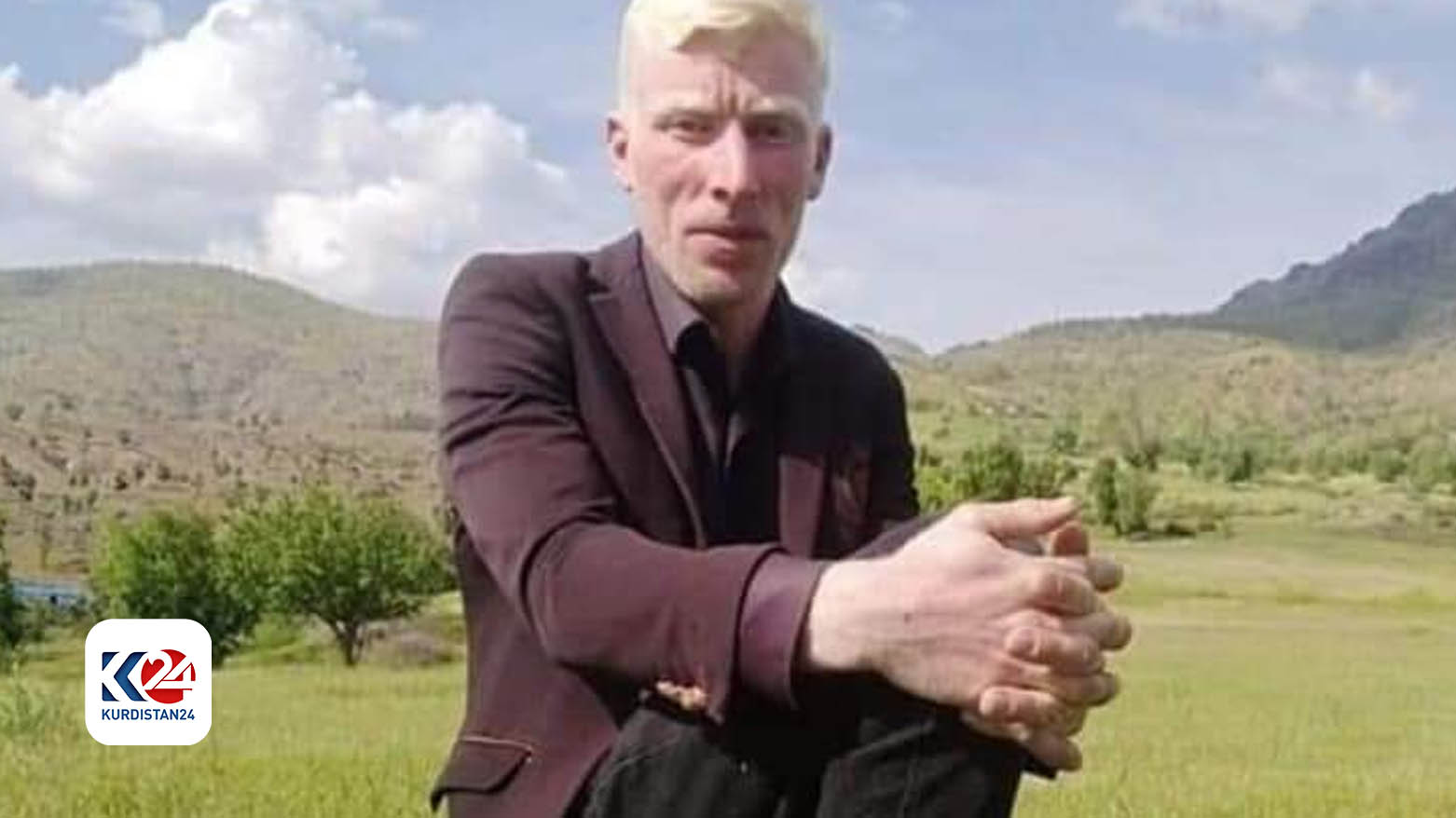Shepherd wounded in Turkish military shelling in Erbil's Bradost area
The incident took place at 10:50 AM, and Rasul was immediately transferred to Sidakan Hospital for initial treatment before being moved to Ashti Hospital in Soran district for further care.

ERBIL (Kurdistan24) – Nechirwan Hakim Rasul, a 33-year-old shepherd from the Bradost area of Erbil province, was injured on Friday by Turkish military shelling, as reported by Karwan Mirawdali, the director of civil defense for the Soran Independent Administration.
The incident took place at 10:50 AM, and Rasul was immediately transferred to Sidakan Hospital for initial treatment before being moved to Ashti Hospital in Soran district for further care.
Mirawdali highlighted that such incidents are not uncommon in the region. "Every year, several citizens suffer casualties and injuries due to shelling by the Iranian and Turkish military," he stated, emphasizing the continued risk to civilians and the significant economic damage inflicted on the area.
In response to the escalating situation, Yehia Rasool, spokesperson for the Iraqi Commander-in-Chief, announced on Wednesday that the Iraqi Ministerial Council for National Security, led by Prime Minister Mohammed Shia al-Sudani, held an urgent meeting to address recent Turkish military actions along the shared border regions.
Read More: Iraqi National Security Council condemns Turkish military incursions
Kurdistan Region officials frequently urge Baghdad, which has official responsibility for border security matters, to take action and prevent insurgents and foreign militaries from carrying out hostilities within the region. Officials have expressed concerns about the growing presence of foreign armed forces in the area.
Turkey-PKK conflict
The conflict between Turkey and the Kurdistan Workers' Party (PKK) has its origins in the Kurdish struggle for self-determination and the ongoing tensions between the Kurdish minority and the Turkish state. The PKK, established in 1978, has been fighting for Kurdish rights and autonomy, which has led to a violent conflict with the Turkish government. This conflict has resulted in numerous casualties and has greatly affected the political, social, and economic situation in the region.
Bolstered by its advanced drone industry, Turkey has ramped up its drone strikes in recent years, particularly in the urban centers of Iraq and the Kurdistan Region, to target suspected PKK positions.
The majority of the conflict has taken place in the border regions of Kurdistan, posing a threat to civilian populations.
The conflict has been fueled by a number of factors, including historical grievances, ethnic tensions, and the pursuit of political goals. The PKK, an armed Kurdish group, has been fighting for increased autonomy and rights for the Kurdish population in Turkey. On the other hand, the Turkish government perceives the group as a terrorist organization that poses a threat to national security and territorial integrity. Additionally, the conflict has been significantly influenced by regional dynamics, such as the Kurdish question in neighboring countries and geopolitical interests in the region.
